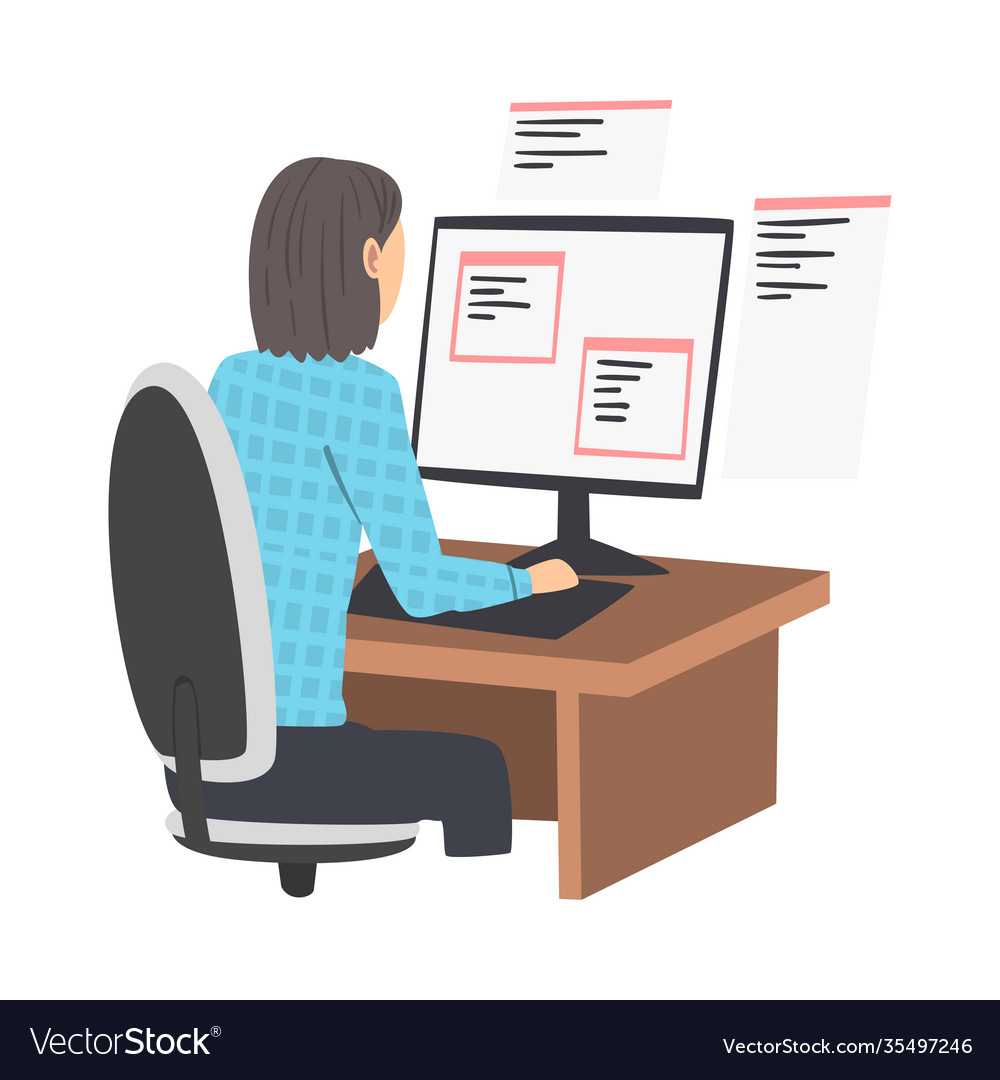Discover the Advantages of Nearshore Software Development for Your Team
Discover the Advantages of Nearshore Software Development for Your Team
Blog Article
Devoted Developers vs. In-House Teams: Which Is Right for You?
The decision between using devoted developers and maintaining an in-house group is a substantial one that can affect the trajectory of your jobs and total business technique. Alternatively, in-house teams add to a natural company society and a nuanced understanding of long-term objectives.
Recognizing Dedicated Programmers
The expanding demand for specialized skills in the tech sector has actually caused the appearance of committed designers as a feasible option for numerous organizations. These professionals are normally acquired on a task basis, allowing companies to utilize details expertise without the long-lasting commitment connected with full time hires. Committed developers are frequently embedded within a client's team, supplying versatility and scalability to satisfy task requirements.
This design allows companies to access a global ability swimming pool, which is especially helpful in a swiftly advancing technological landscape. Committed developers can be sourced from different geographical areas, making certain that business can find the right ability at affordable rates. They commonly bring a wide range of experience and understanding, having worked on varied tasks throughout various sectors.
Furthermore, committed developers can concentrate exclusively on the jobs at hand, boosting productivity and effectiveness. They are geared up to incorporate effortlessly into existing operations, collaborating closely with internal groups to achieve task objectives. This method not only lowers the concern of employment and training yet likewise enables organizations to stay dexterous, adapting rapidly to transforming market needs and technical advancements.
Advantages of In-House Teams

Moreover, internal teams tend to have a deeper understanding of the business's mission, values, and objectives. This positioning can enhance worker interaction and motivation, as staff member feel extra linked to their work and the company's success. Furthermore, having a committed internal team permits much better positioning of techniques and objectives, as these participants are regularly concentrated on the firm's priorities.
Internal teams likewise promote quicker decision-making procedures, as they can respond extra quickly to adjustments and difficulties. The well established connections and experience with business protocols enable structured operations and reduced miscommunication. Inevitably, the mix of a cohesive society, placement with organizational goals, and efficient communication makes internal teams a valuable asset for many organizations, particularly those looking to cultivate long-lasting growth and technology.
Price Considerations
When evaluating cost factors to consider, both specialized programmers and internal teams present distinctive monetary implications for companies. Involving specialized programmers commonly involves a pay-per-project or hourly rate version, which can be economical for organizations with fluctuating task demands. This strategy permits flexibility in scaling resources up or down, ensuring that firms just pay for the services they need.
On the other hand, in-house teams involve fixed costs, including incomes, advantages, and overhead costs such as office room and devices. While this design offers higher control and instant schedule of sources, it may result in higher long-lasting costs, particularly if the work does not warrant a full-time team.
In addition, companies should take into consideration the surprise expenses linked with recruitment and training of in-house staff members, which can better stress budgets. In some instances, the moment and resources invested on handling an in-house team can interfere with the company's core business goals.

Job Administration and Adaptability
Task monitoring and versatility are important aspects that influence the selection between in-house groups and devoted designers. Committed teams commonly have established procedures for handling projects properly, leveraging particular approaches like Agile or Scrum, which facilitate iterative development and versatility.

Ultimately, the selection in between in-house groups and committed developers rests on the preferred degree of versatility and the particular task management requirements. Companies must assess their operational characteristics, job complexity, and resource accessibility to identify which choice straightens finest with their tactical goals.
Making the Right Choice
Picking the ideal advancement method-- internal teams or devoted developers-- requires a cautious assessment of various aspects that straighten with a firm's calculated objectives. hire dedicated developers. Think about the nature of the task. If it demands specialized abilities or a quick scale-up, devoted developers might be preferable. On the other hand, in-house groups can supply better connection and combination with existing employees.
Next, evaluate your spending plan. Committed designers usually provide an economical remedy for temporary projects, while internal groups may sustain higher lasting expenses because of wages, advantages, and expenses prices. Examine the degree of control and partnership preferred; internal groups generally cultivate more powerful communication and positioning affordable website design packages with firm society.
In addition, take into consideration the moment structure. If instant results are required, devoted developers can be onboarded swiftly, whereas developing an in-house team takes some time for recruitment and training. Finally, weigh the long-term vision of your organization. Investing in an in-house group may produce better returns over time if continuous development is vital. Eventually, the choice rests on an extensive evaluation of these variables, guaranteeing alignment with your business's total goals and operational requirements.
Verdict
In freelance web designer conclusion, the decision between committed developers and in-house groups rests on project requirements and business purposes. Devoted programmers supply versatility and customized proficiency, making them appropriate for temporary initiatives. Alternatively, in-house groups cultivate a natural culture and deeper positioning with lasting goals. Mindful analysis of budget restrictions, job timelines, and desired control degrees is vital for establishing one of the most ideal technique, ensuring positioning with strategic concerns and operational efficiency.
The decision between making use of devoted programmers and preserving an in-house team is a considerable one that can impact the trajectory of your jobs and overall service technique.Project management and versatility are essential variables that affect the selection between internal teams and committed developers. software engineering staffing.In contrast, in-house teams might stand out in maintaining a you can try here constant project management structure due to their knowledge with the company's society and lasting objectives. Devoted programmers commonly present an economical remedy for temporary projects, while internal groups might incur higher long-lasting expenses due to wages, benefits, and overhead expenses.In verdict, the choice between dedicated developers and in-house teams pivots on task requirements and business objectives
Report this page